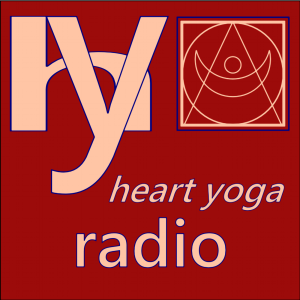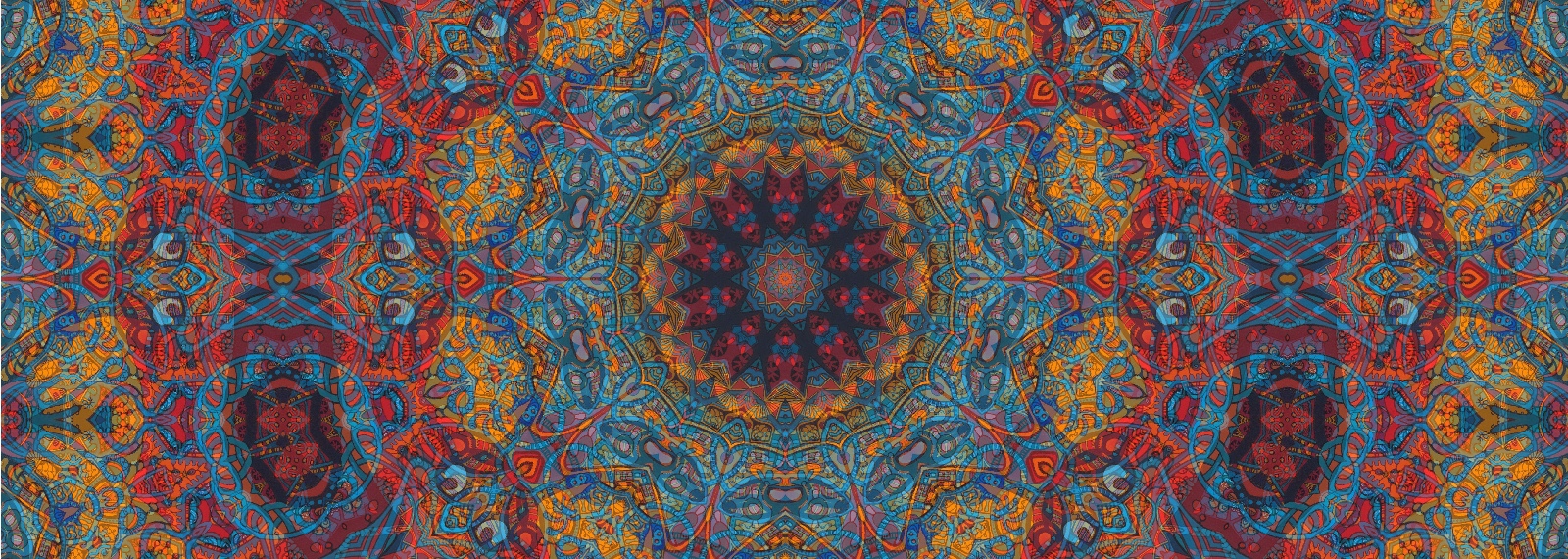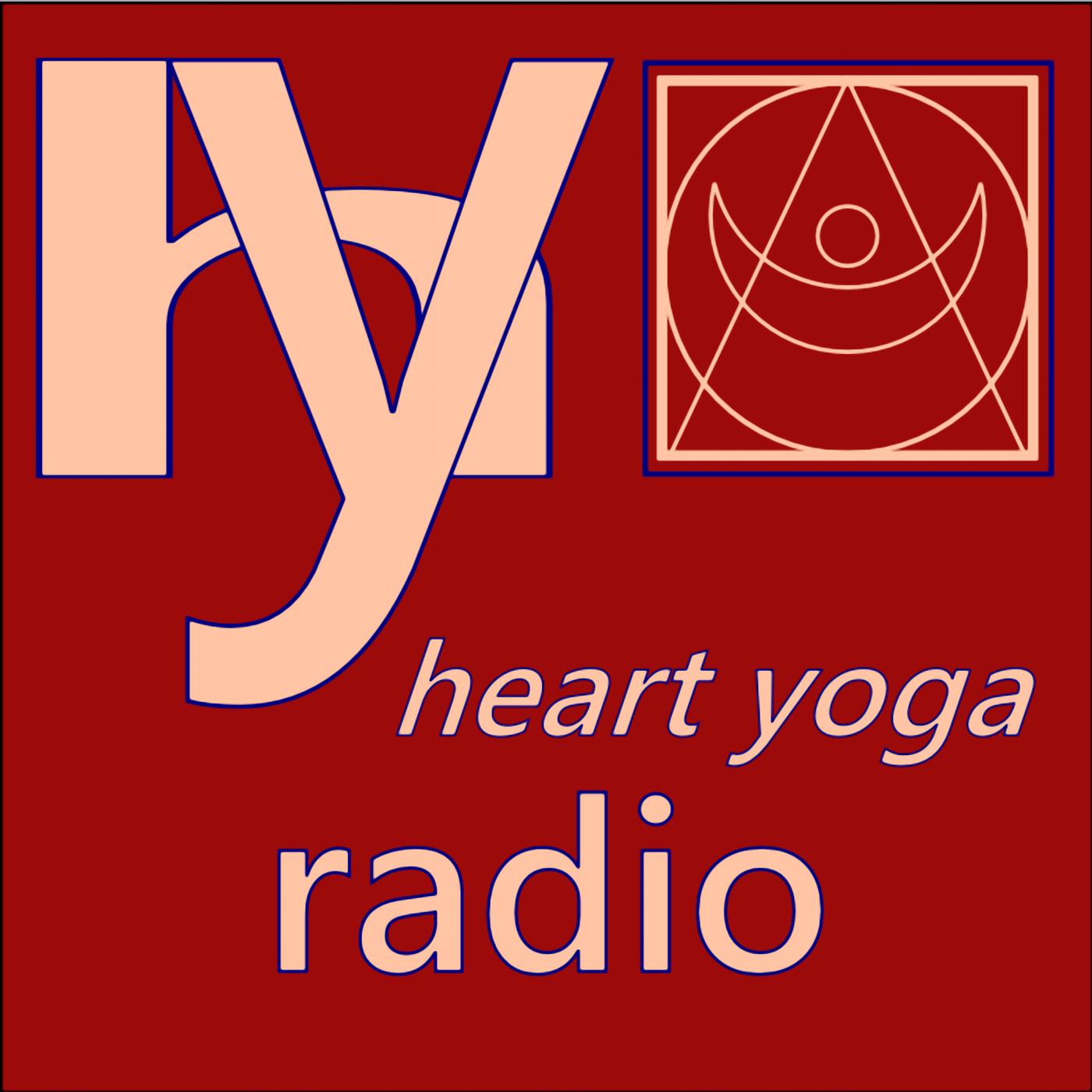Episodes

Tuesday Jul 04, 2023
LAO TZU 58
Tuesday Jul 04, 2023
Tuesday Jul 04, 2023
In this podcast, we consider Chapter 71 of Lao Tzu's Tao Te Ching. This chapter is about self-deception, understood as a sickness. We appraise the character of many modern politicians in the light of Lao Tzu's insights on this matter. [Free. 25 minutes.]

Saturday Jun 10, 2023
AI - THREAT OR PROMISE?
Saturday Jun 10, 2023
Saturday Jun 10, 2023
In this podcast, we discuss AI and its recent emergence into the public sphere. We examine four main aspects of AI; what the term 'AI' signifies, the knowledge status of its products, the political and economic ramifications of AI, especially its role in automation, and its position in current affairs public discourse. [Free. 61 minutes.]

Wednesday Jan 13, 2021
REASON ON REASON 3 - QUESTIONING IN THE AGE OF REASON
Wednesday Jan 13, 2021
Wednesday Jan 13, 2021
In this third podcast in the series Reason on Reason, I investigate the rise of questioning during the Enlightenment and the accompanying scepticism towards ecclesiastical, theological and political authority. The main part of the podcast is analysis and comment on Kant's newspaper article of 1784, What is Enlightenment? This article exposes a tension between the promise of the new questioning for knowledge and it application and the possible impacts this movement could have on social cohesion. Other dramatis personae include Voltaire, Hume, per-cursor, Locke, and Blake for the ensuing Romantic back-lash. [Free. 32 minutes.]

Tuesday May 19, 2020
LOCK-DOWN PROTESTS AND LIBERTARIAN ABSOLUTISM
Tuesday May 19, 2020
Tuesday May 19, 2020
In this podcast, we discuss the specifics of US and UK anti-lock-down protests which naturally leads on to a discussion of freedom per se and how it can be exercised so as to remove the freedom of others. This involves considerations of property, inequalities of wealth and power, discerning evidence, and evaluating narratives in the face of media and governmental disregard for truth. [Free. 24 minutes.]

Thursday May 14, 2020
THE CONVERSATION OF HUMANKIND
Thursday May 14, 2020
Thursday May 14, 2020
In this podcast, we consider the conversation of humankind over millennia and the way philosophy can be understood this way. We give reasons for wanting to encounter it and share that encounter. The first is to equip ourselves with tools for enquiry, so that we are not 're-inventing the wheel'. The second is for its own sake, to delight in its sublimity and beauty. The third is so that we may be good ancestors. [Free. 14 minutes.]

Friday May 08, 2020
CONSPIRACY THEORIES: EPISTEMOLOGY, POLITICS & SELF-CARE
Friday May 08, 2020
Friday May 08, 2020
The plethora of conspiracy theories circulating in the public discourse attests to a time of real crisis. In this podcast we examine the epistemological issues that arise from this situation, particularly with reference to scepticism, the hermeneutics of suspicion, and the matter of trust. We also briefly look at the relevant politics and the role of elite money in promoting conspiracy theories and how these theories, though perhaps rightly suspicious of government, nevertheless come down on the side of the status quo. We finish with some recommendations for self-care in the face of the toxic sea of post-truth that public discourse has become. [Free. 28 minutes.]
![DESIRING TRUTH [YES & NO 4]](https://pbcdn1.podbean.com/imglogo/image-logo/771447/hyradiologobig2_300x300.png)
Saturday Feb 16, 2019
DESIRING TRUTH [YES & NO 4]
Saturday Feb 16, 2019
Saturday Feb 16, 2019
This podcast is a commentary on the poem Desiring Truth from Songs of No and Yes. The poem outlines the enormous philosophical difficulties encountered in the quest for the truth about truth and contrasts them with the ease with which we employ our ordinary, common sense, adequationist notion of truth very effectively in everyday life. In the commentary, I draw on Patanjali's account of truth and knowledge in the Yoga Sutra, finding nothing problematic in our ordinary truth telling whilst suggesting that our various encounters with the ineffable, samadhi, have a valuable but unstateable truth content. I also note Patanjali's method of uncompromising truthfulness as an approach to the ineffable as encountered in the microcosm in the practice of self-study. [Free. 28 minutes.]
![ORGANIC, FREE-RANGE [MYSTERY AND BELIEF]](https://pbcdn1.podbean.com/imglogo/image-logo/771447/hyradiologobig2_300x300.png)
Monday Dec 25, 2017
ORGANIC, FREE-RANGE [MYSTERY AND BELIEF]
Monday Dec 25, 2017
Monday Dec 25, 2017
This one was impomptu. Consequently, it was free-range, across questions of mystery, knowability, certainty, belief and faith. As always, the matter of living well presses itself into the picture, as does the matter of the puzzling limits of language. Thanks for your continued patronage. I'm planning some good stuff for patrons in 2018. [Patrons only. 23 minutes.]

Wednesday Nov 22, 2017
WITTGENSTEIN 101
Wednesday Nov 22, 2017
Wednesday Nov 22, 2017
This podcast offers a broad summary of Wittgenstein's work, drawing mainly on the Tractatus Logico Philosophicus to describe the early Wittgenstain and the Philosophical Investigations for the later Wittgenstein. [Free. 24 minutes.]

Wednesday Feb 22, 2017
THE BLUE PILL OR THE RED PILL? PART THREE: METAPHYSICS
Wednesday Feb 22, 2017
Wednesday Feb 22, 2017
In this podcast, we outline some of the resonances of The Matrix with metaphysics which we take to be the philosophical effort to characterise the being of beings as a whole. We particularly focus on Plato's myth of the cave and Descartes' radical doubt, regarding both of these as utilising the metaphor of human being as camera obscura and the real-apparent and subject-object distinctions. This is not as obscure as it sounds! [Free. 35 minutes.]

